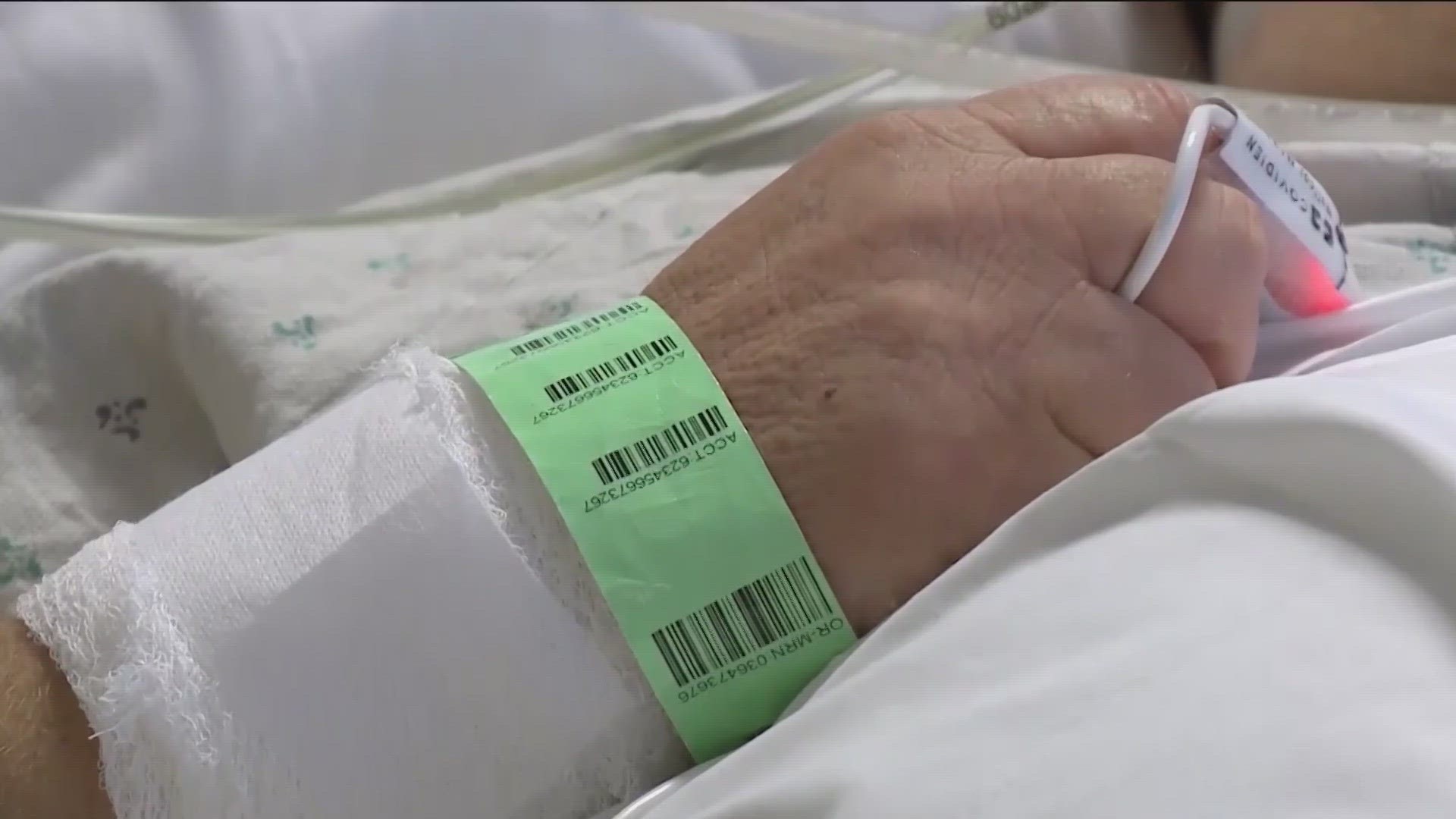SAN DIEGO — Concern is growing over "Candida Auris," a deadly fungus that the CDC says is rapidly spreading across U.S. health care facilities.
Candida Auris, also known as "C.auris," is a type of fungus that grows as a yeast.
CBS 8 spoke with Dr. John Bradley, medical director of infectious diseases at Rady Children's Hospital, about this worrying trend. While he said that Candida Auris doesn't pose a significant threat to most people, he noted this fungus is especially risky for the immunocompromised — for example, someone doing chemotherapy for cancer.
"A healthy person with a reasonable immune system, this is not a life-threatening pathogen," Dr. Bradley said. "The people who are at risk of getting infected are also the people who have all of these underlying problems"
The CDC says that Candida Auris is growing much faster than expected.
Cases have been reported in more than 30 states, and California has the second-most cases in the nation.
Here in San Diego County, there have been 20 cases so far this year. That's on pace to surpass last year's total of 60 cases.
Candida Auris was first reported in the U.S. in 2016. According to the CDC, cases almost doubled in 2021 and have been increasing ever since. Last year the CDC identified 2,377 clinical cases nationwide.
Dr. Bradley says there haven't been any cases at Rady Children's Hospital yet, but he thinks that will change.
"I think it's just a matter of time," Dr. Bradley said, noting that many hospitals are preparing as a precaution. "The alarm was sounded a few years ago, so we've been waiting for this."
Candida Auris can be difficult to diagnose. Medical tests must specifically look for this fungus, but many common symptoms (e.g. fever) are also found in other sicknesses, which can lead to a misdiagnosis.
Although Candida Auris doesn't pose a significant risk to people with a healthy immune system, people who get infected could transmit Candida Auris to others. Dr. Bradley urges extra caution if someone spends time near others with weakened immune systems. However, it is still much less contagious than something like COVID.
"It's not airborne, you can't get it just by talking to someone. You have to touch a surface — touch a mucus membrane, " Dr. Bradley said. "Healthcare workers could spread it to one patient to another if they don't wash their hands."
Dr. Bradley did note that Candida Auris is treatable. Doctors need to use heavier doses of some drugs, which have a heightened risk of side effects.
WATCH RELATED: The connection between oral health and heart disease

